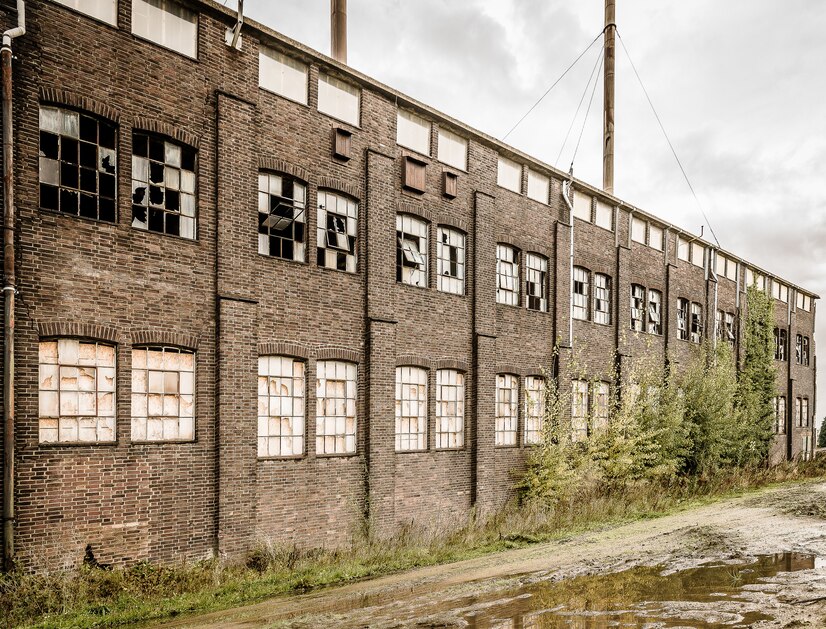Spending rise from £550m in 2012 to £2.1bn in 2021, as Sunak prepares to discuss issue with other European leaders
Conservative-led governments witness quadruple increase in public spending on asylum system, says data, ahead of discussions on reducing asylum seekers with European leaders.
Official figures uncovered by the Labour Party reveal a rise in spending on the asylum system from £550 million in 2012 to £2.1 billion in 2021.
Labour claims that there was a significant surge in spending in 2022 due to delays in asylum decisions and last-minute decision-making by Suella Braverman, resulting in increased usage of expensive hotels.
Since the first financial year of the Tory-led coalition government in 2010, spending on processing asylum claims and accommodation has risen from £567,856,116 to £2,115,584,829 in 2021-22. The figures for 2022-23, yet to be published, are expected to show further increases as an additional £2.4 billion from the overseas aid budget was utilized to support the asylum system.
Last week, the government announced a record high backlog of 173,000 asylum cases.
Only 1% of small boat asylum cases received a decision in the past year. Home Office caseworkers’ productivity rate has dropped from 14 decisions per month in 2011 and 18 in 2016 to only five per month in the last financial year.
Yvette Cooper, the shadow home secretary, criticized the government’s actions, stating that their legislation has exacerbated the situation, leaving more people trapped in the system than ever before.
Sonya Sceats, the chief executive at Freedom from Torture, expressed concern about the impact on individuals fleeing torture and persecution, emphasizing the slowdown in asylum decision-making and the prolonged stays in cramped hotel rooms.
These figures come to light as the prime minister is set to discuss border security at a meeting of leaders in the European Political Community (EPC) in Moldova. The meeting aims to address challenges faced by Europe’s borders, including the rise in illegal immigration and threats from Russia.
The prime minister will emphasize the need for close cooperation among European governments and institutions to tackle these problems, prioritizing border security. Negotiations on a new returns agreement with Moldova will commence, and a similar deal with Georgia will be confirmed as active. Additionally, a partnership with Bulgaria will be announced to combat people-smuggling gangs.
The meeting will also serve as a platform to support the Moldovan government in resisting pressure from Russia. Other topics on the agenda include Moldova’s security and energy supplies, which have received partial funding from the European Bank for Reconstruction and Development.
In response to the asylum figures, a Conservative spokesperson criticized Labour’s previous approach, describing it as a disastrous open-door policy combined with large-scale amnesties.



